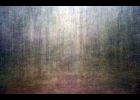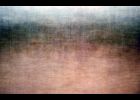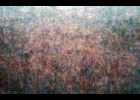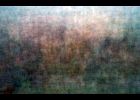Reading Flusser: An Abecedarium
This is a memoir of the writer's reading relationship to Flusser over roughly twenty years. It represents an effort to sift through a wide variety of tangled thoughts and associations to locate those topics and approaches characteristic of Flusser that remain most promising, that is, have potential to stimulate further research or new interest. Although it does characterise Flusser's work broadly as an ongoing engagement with alphabetic writing, its history, relationships with other communicative codes, identity with history as such, conflict with other codes, it does not draw any one overall conclusion. Flusser's ongoing impact is rather seen to emerge from the distinctive way the writing engages its reader -- questioning, challenging, often persuading. Reading Flusser includes observations about the specific effects of Flusser's writing on this reader in particular, about recent research that confirms or amplifies certain pivotal ideas in the broader framework of his thought -- particularly with respect to reading and writing, and some evidence of how his thinking enters into at least one reader's perceptions of contemporary events. The abecedarium, an archaic poetic form that gathers aspects of a topic around specific words or phrases and presents them in alphabetical order, seems suited to compressing a diversity of material into an orderly form.
multilayered
The computer computes. Landscapes, disaster, nature, culture, icons, explosions. Daily news. Images of events that happen far away. Pixels and quanta, one or zero. In this multilayered-series I let the computer merge hundreds of single images into each other. They are taken systematically as well as randomly from the internet (or my private collection). The titles refer to the words which were entered into the image search engines. At recurring points of the calculation process I intervene with aesthetic decisions.





